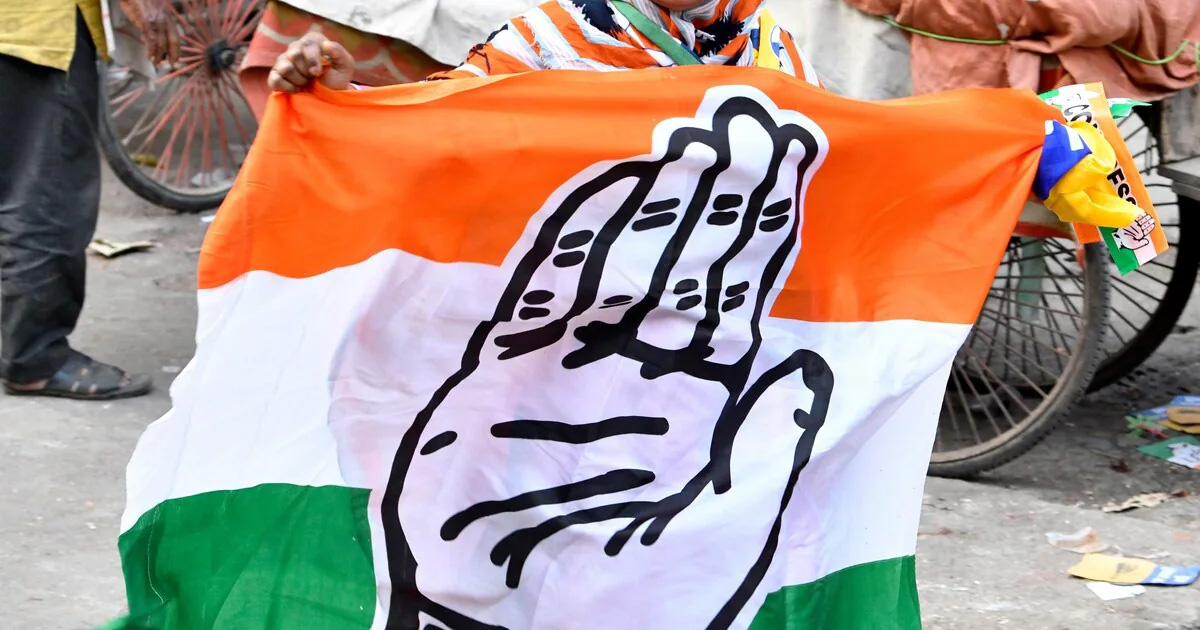NEW DELHI, Feb 6:
The Congress party stated on Thursday that the implementation of a uniform civil code (UCC) requires extensive discussions aimed at fostering a true consensus, rather than serving as a political tool that perpetuates “permanent polarization” across the nation.
This statement from the opposition party follows the recent action by the BJP government in Uttarakhand to enact the Uniform Civil Code in the state, and the formation of a committee by the Gujarat government, led by a retired Supreme Court judge, to evaluate the necessity and draft a bill for the UCC.
Congress general secretary in charge of communications, Jairam Ramesh, criticized the UCC in Uttarakhand, labeling it as poorly constructed and excessively intrusive.
“This legislation does not function as a tool for legal reform at all, as it fails to address the legitimate concerns related to family law that have been raised over the past decade. It has been forcibly implemented as a core component of the BJP’s divisive agenda,” Ramesh remarked in a statement.
Highlighting the Gujarat government’s recent announcement regarding the establishment of a panel to develop a uniform civil code for the state, Ramesh noted that this follows the Uttarakhand government’s recent enforcement of a UCC, which notably exempts scheduled tribes.
The 21st Law Commission, appointed by the Modi Government, submitted its 182-page ‘Consultation Paper on Reform of Family Law’ on August 31, 2018, he added.
“Paragraph 1.15 of that consultation paper asserts: ‘While the diversity of Indian culture can and should be celebrated, specific groups, or weaker sections of society must not be dis-privileged in the process. Resolving this conflict does not entail the abolition of all differences.
“‘This Commission has therefore addressed discriminatory laws rather than proposing a uniform civil code, which is neither essential nor desirable at this moment. Many countries are now leaning towards the acknowledgment of differences, and the mere presence of differences does not signify discrimination, but instead reflects a strong democracy’,” Ramesh emphasized.
Subsequently, in a press note issued on June 14, 2023, the 22nd Law Commission of India expressed its intention to explore the subject of a uniform civil code, he noted.
“This initiative, as mentioned in the press note, was based on a reference from the Ministry of Law and Justice. However, the 22nd Law Commission was dissolved on August 31, 2024, without delivering its report on the uniform civil code. The 23rd Law Commission was announced on September 3, 2024, but its composition has yet to be disclosed,” he explained.
Ramesh highlighted that the Constituent Assembly, while endorsing what later became Article 44 of the Constitution of India, could not have possibly foreseen an array of uniform civil codes being enacted in state legislatures piecemeal.
“The existence of multiple uniform civil codes contradicts the very principle of what Article 44 advocates, which is a uniform civil code applicable across all of India. A uniform civil code, as envisioned in Article 44, can only materialize following comprehensive debate and discussion aimed at creating a genuine consensus,” he stated.
It should not be used as a political tool to maintain a state of continuous polarization in the country, Ramesh asserted.
The BJP government in Gujarat announced on Tuesday the formation of a committee led by a retired Supreme Court judge to evaluate the necessity for the UCC in the state and to draft a bill accordingly.
This five-member committee, chaired by former SC judge Ranjana Desai, is expected to submit its report within 45 days, after which a decision regarding the implementation of the UCC will be made, as stated by Chief Minister Bhupendra Patel.
Last month, Uttarakhand, ruled by the BJP, became the first state in India to implement the UCC, which aims to establish equal laws for all citizens regardless of religion and standardizes personal laws related to marriage, divorce, and property. (PTI)


Leave a Reply